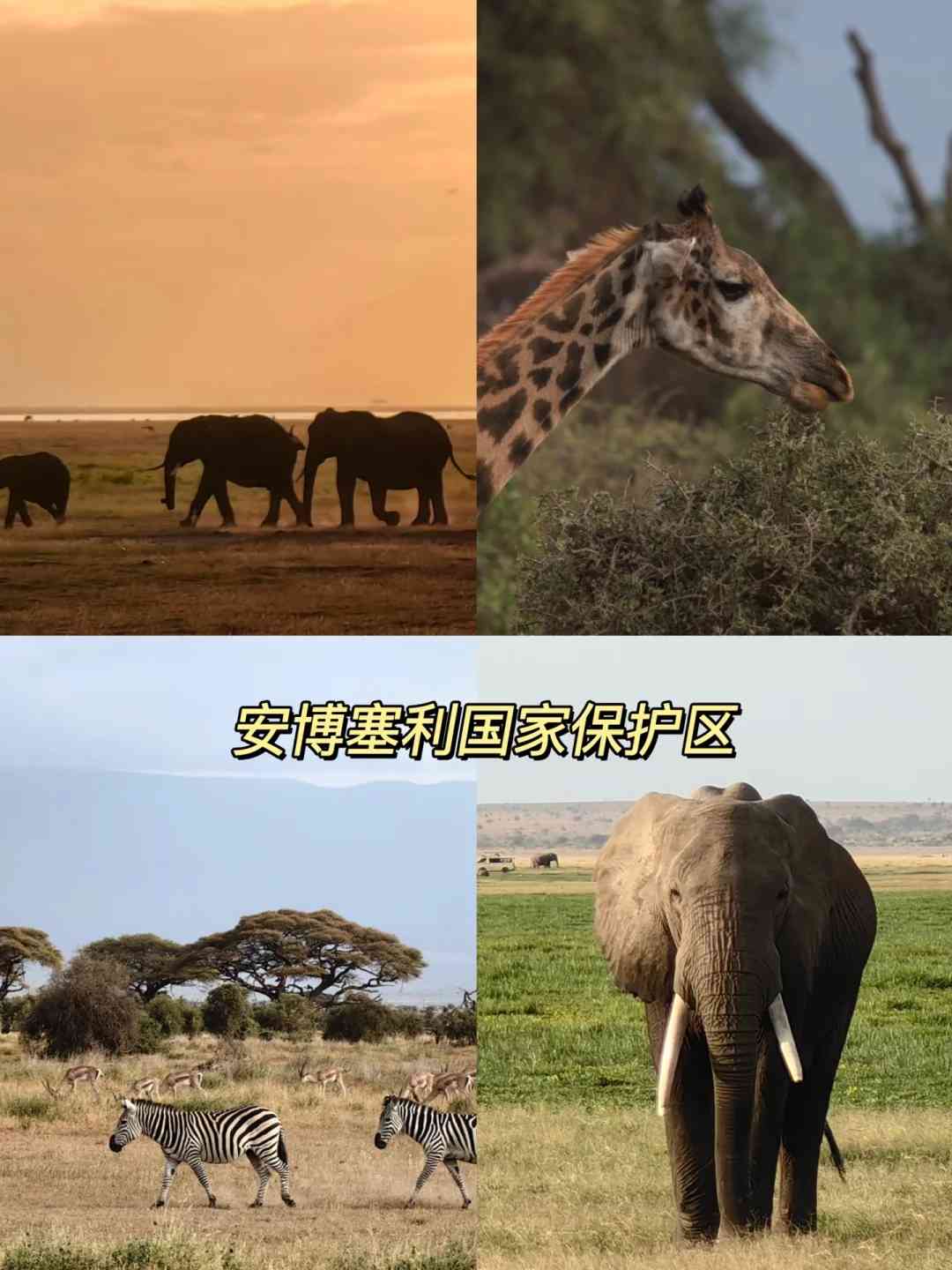Discover Kenya Tourism: Explore Amboseli National Reserve’s Wildlife & Beauty
Amboseli, a mere 5-hour drive from Nairobi, the bustling capital of Kenya, is often the first stop for many first-time visitors to this enchanting country. If I were to choose just one place in Kenya, it would undoubtedly be Amboseli. This is where my beloved elephants roam freely. The winds in Amboseli are fierce and the sand relentless, so a mask is essential to breathe comfortably.
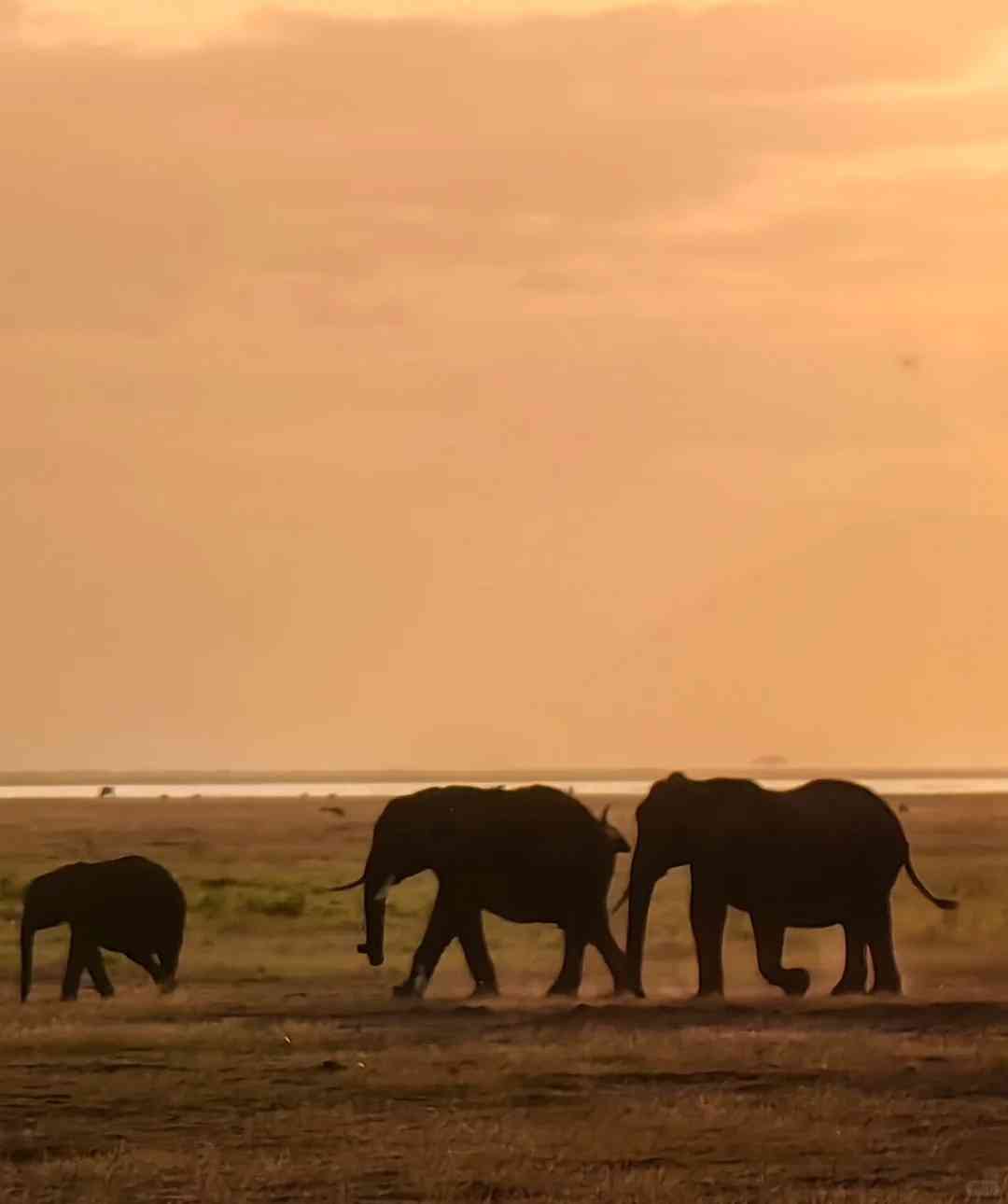
Despite its compact size, the park is teeming with wildlife; simply look up, and you’ll see majestic herds of elephants.
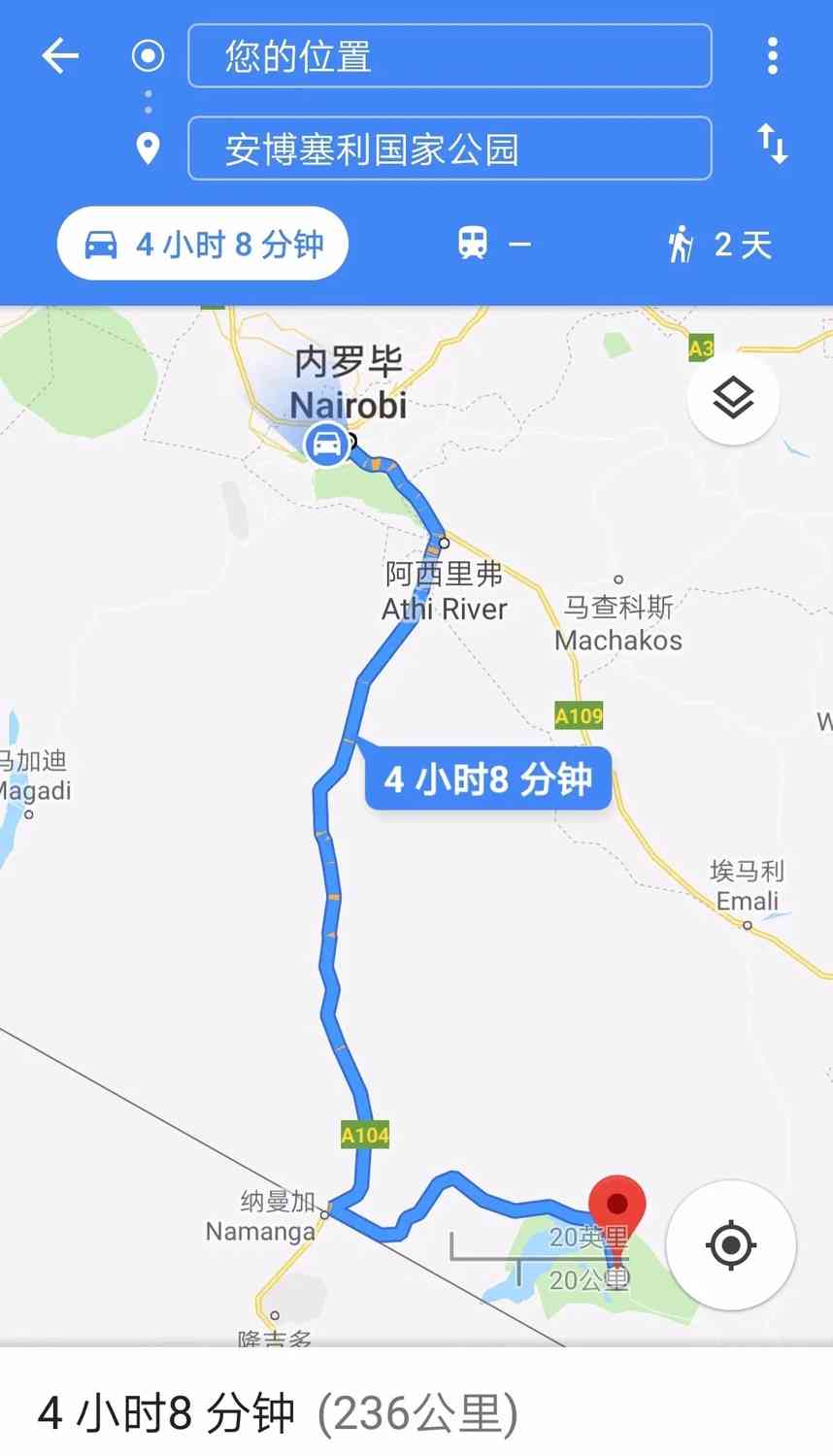
Nestled on the border between Kenya and Tanzania, Amboseli National Park offers a breathtaking view of Mount Kilimanjaro, Africa’s highest peak at 5,895 meters. The name “Amboseli” translates to “dry lake” in the local language, while “Kilimanjaro” in Swahili means “shining mountain.” The natural and awe-inspiring light that emanates from this towering summit blesses all the creatures of the African savannah, instilling a sense of tranquility and wonder.
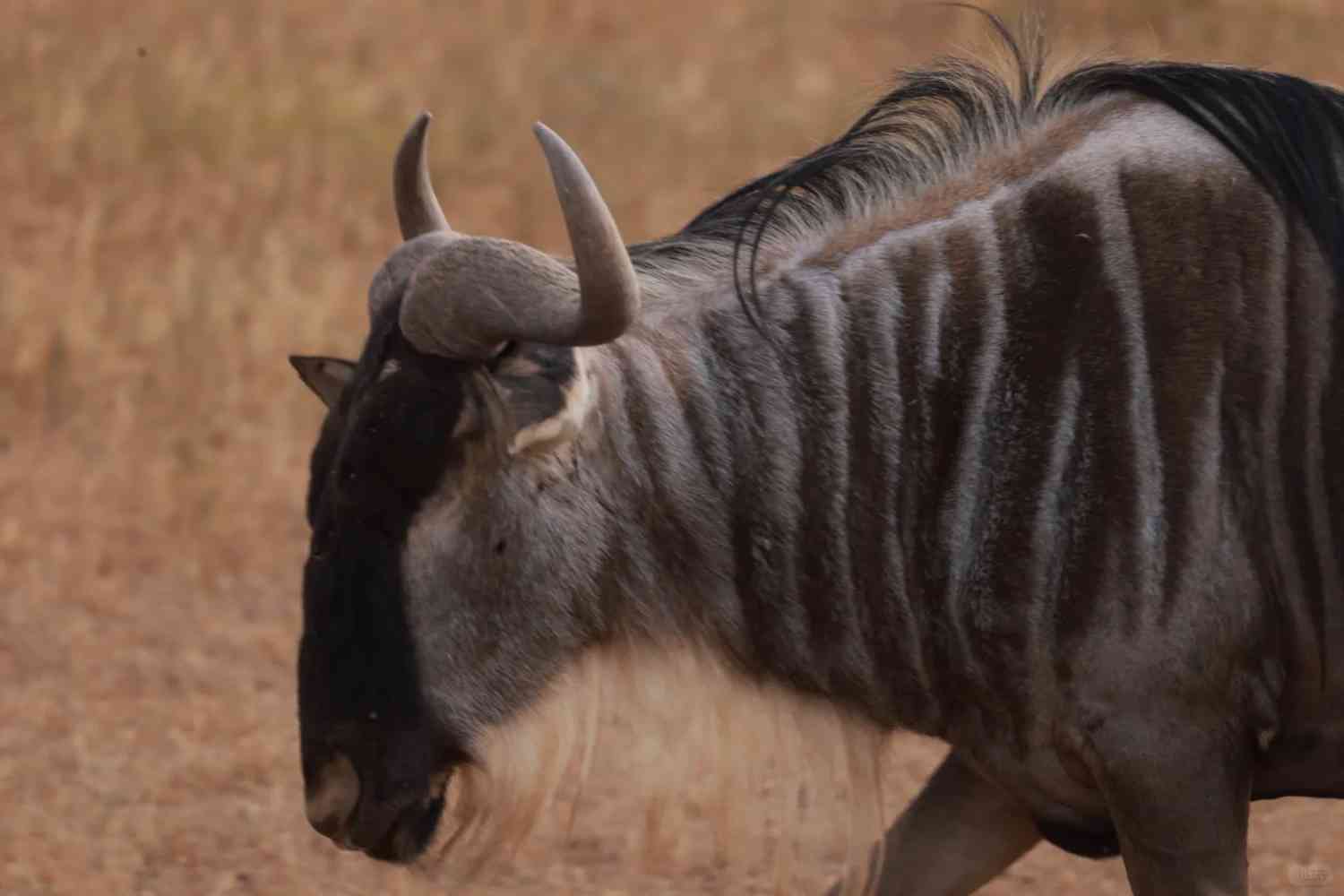
In this rugged and desolate landscape, we witness the raw and untamed side of nature. Each wave of animal migration stirs up clouds of dust, creating a swirling, dramatic scene that is both mesmerizing and powerful.
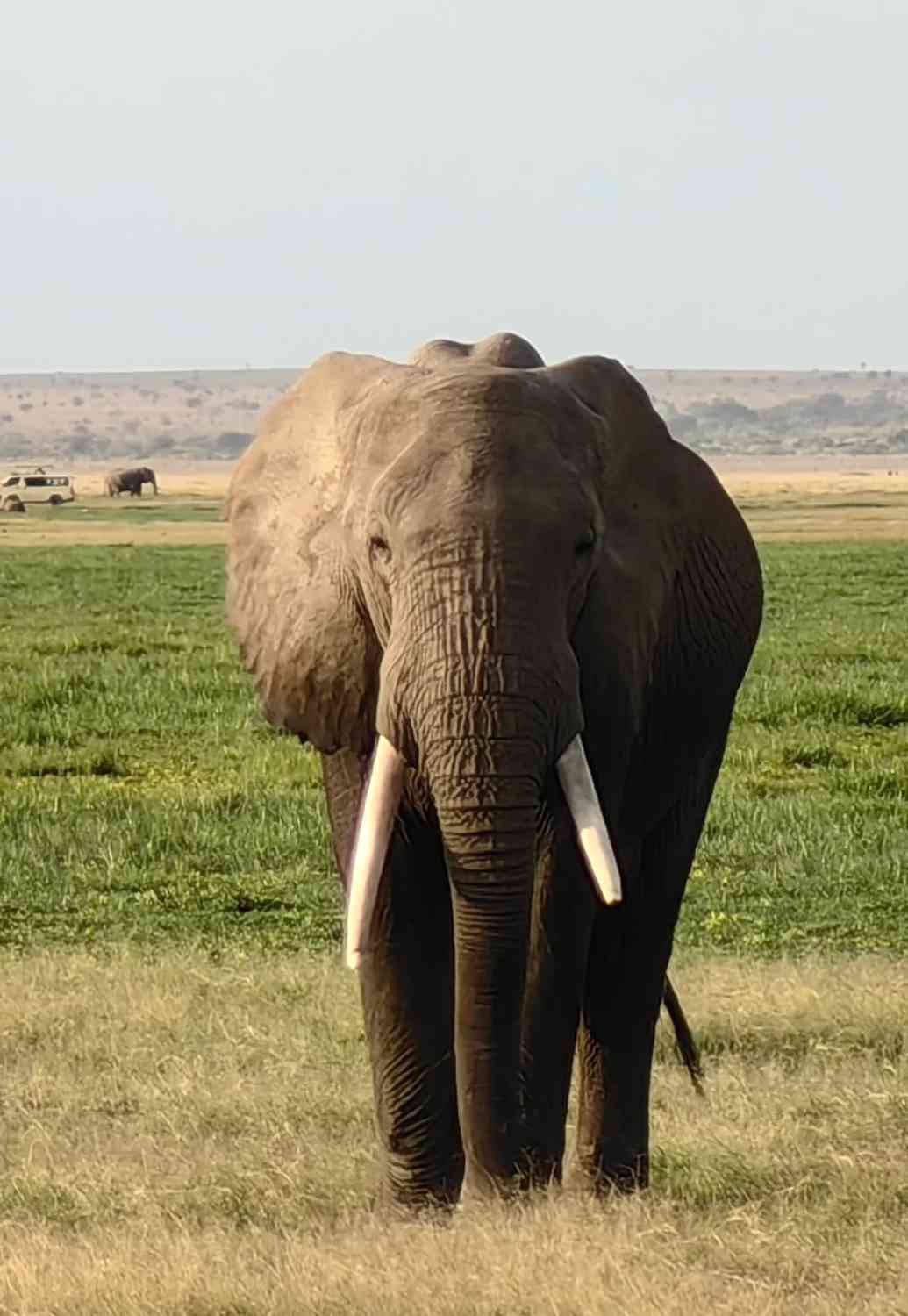
Here, the most robust and resilient wildlife gather: lions, wildebeests, rhinos, antelopes, and more, all making their home in this extraordinary environment. 🐘🦓🐘🦏🦛🐑🦒
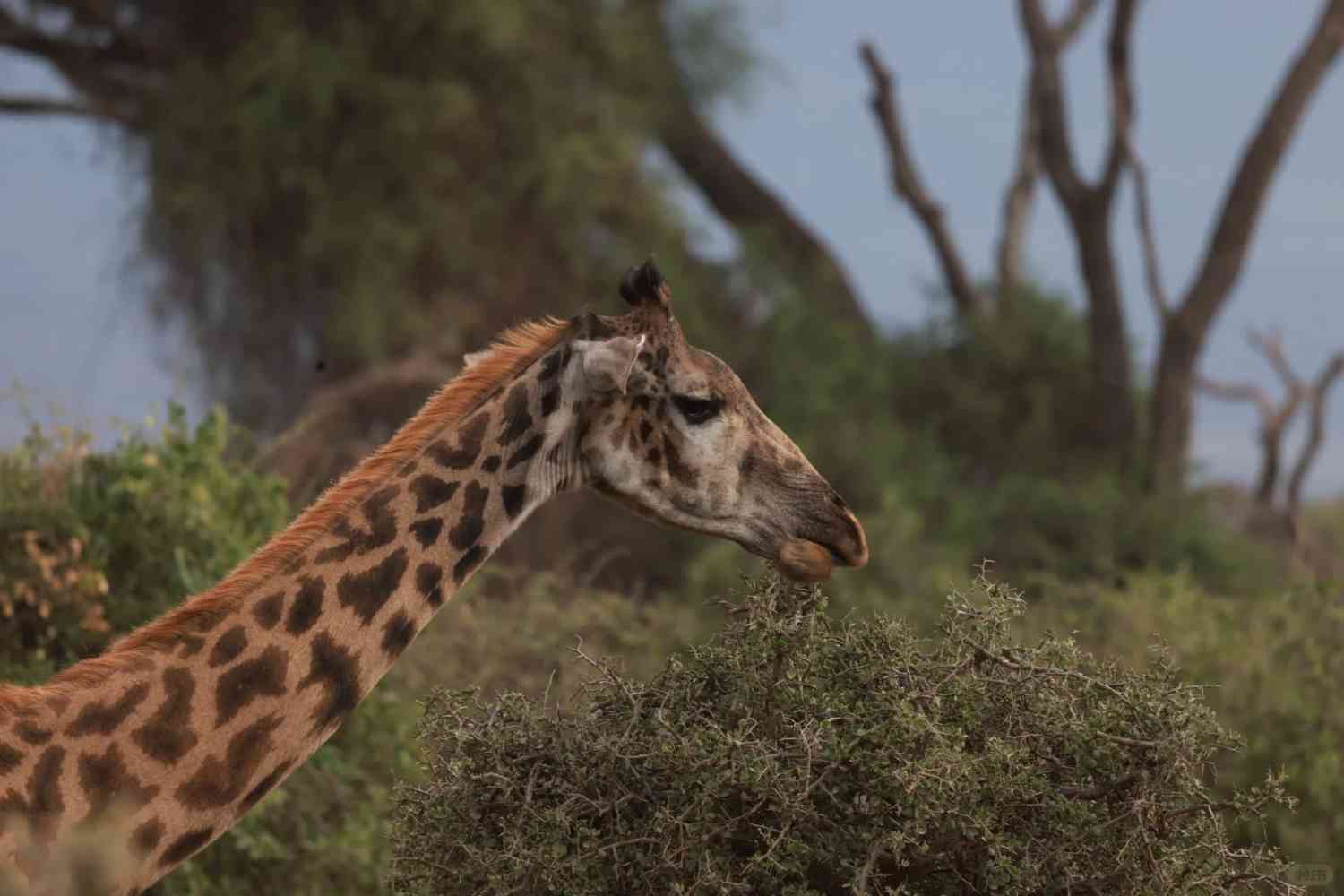
Amboseli Park provides a unique and unforgettable first impression of the African savannah, distinct from the Maasai Mara grasslands. With the misty, snow-capped summit of Mount Kilimanjaro as a backdrop, vast expanses of flat grassland stretch out at the foot of the mountain. Herds of elephants and zebras move gracefully across the plains, while acacia trees stand tall in various postures.
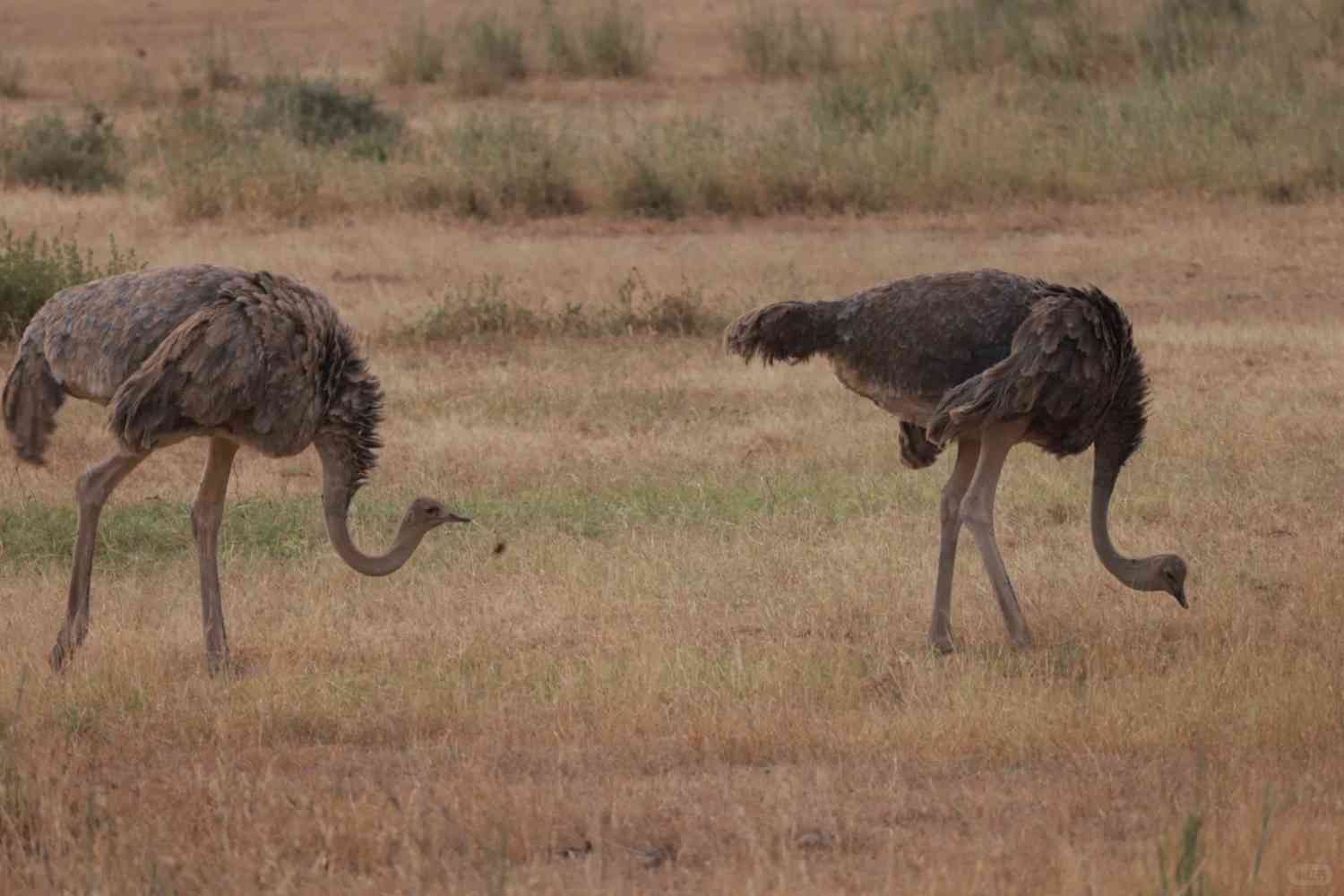
The flat terrain and low vegetation offer an expansive view, especially during sunrise and sunset when the dust, like lingering smoke, envelops the off-road vehicles. The winding dirt roads resemble silver ribbons stretching into the distance, with the snowy mountains, grasslands, and silhouettes of animals forming a vivid, living oil painting.
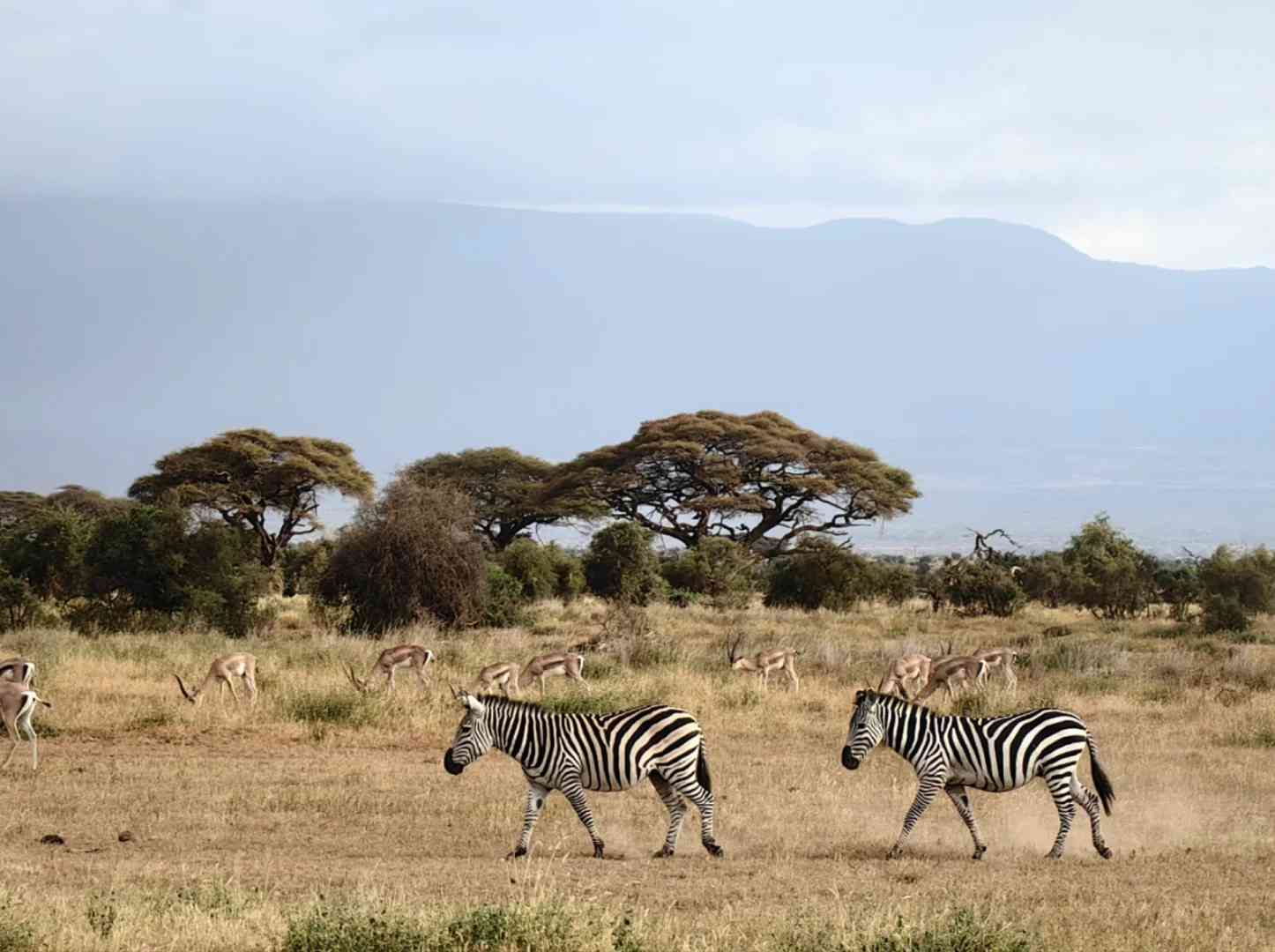
💡Tips/
For capturing the best wildlife photos, a telephoto lens is almost indispensable; otherwise, the quality with a phone camera will be subpar. Additionally, there are specific viewing distances to maintain during safaris to ensure both safety and respect for the animals.
